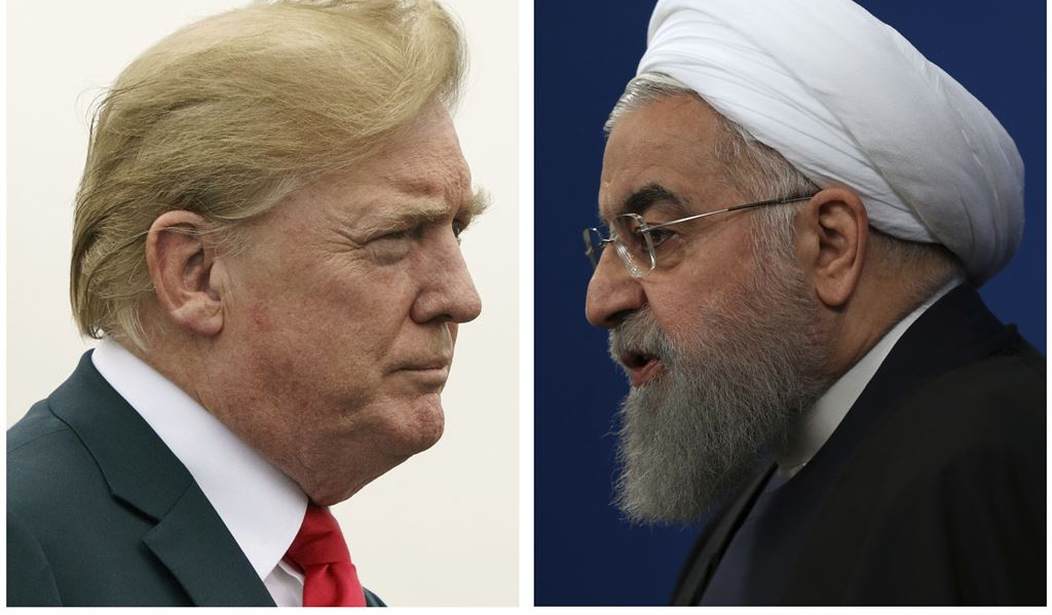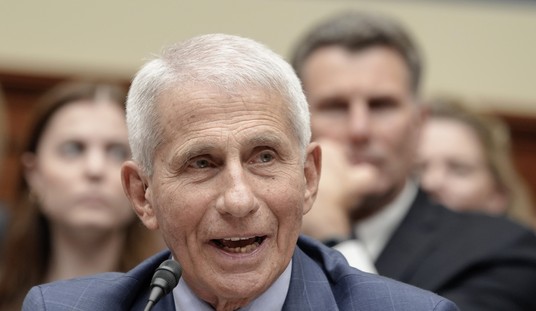Donald Trump’s comprehensive victory in the US presidential election has created a new international agenda. Trump’s Republicans now have complete control of the Senate and the House of Representatives. Like him or hate him, he has become unquestionably the most powerful leader in the world. Donald Trump is returning to the White House with the promise to voters that he is a peacemaker and a vow to end foreign wars. It is a daunting task. In the Middle East, conflict rages in Gaza and Lebanon. More than 43,000 people have been killed in Gaza in a war with Israel triggered by the cowardly Hamas terrorist attack on innocent Israeli men, women, and children on 7th October 2023. The war has gone on now for more than a year, and many Israeli hostages are still being held in deplorable conditions. Trump’s strong support for Israel and his open antagonism against the Iranian regime will confront him with his first major challenge. His guarantee to continue helping Israel stands in sharp contrast to his undertaking to end the conflict. The president-elect’s desire to “end the suffering” in Gaza and Lebanon is reinforced by his youngest daughter, Tiffany, married to Michael Boulos, the son of Lebanese/American billionaire Massad Boulos, a key advisor on Arab/American relations.
It now looks like Florida Senator Marco Rubio will be appointed as Trump’s Secretary of State. Rubio is a stalwart supporter of Israel. In October 2023, he wrote on X (Twitter): "Hamas is a terrorist organization created for the express & explicit purpose of driving every Jew out of the region & replacing Israel with a fundamentalist Islamic Palestinian state stretching from the Jordan to the Mediterranean. Israel has no choice but to eliminate Hamas." In April this year, Rubio said on X: “The primary source of violence, conflict, suffering, and instability in the Middle East is the criminal Islamic Republic regime (Iran).” The news last week that the FBI has charged a man who claimed he had been tasked by the Iranian regime’s Islamic Revolutionary Guard Corps (IRGC) to assassinate Trump during the presidential election campaign will have infuriated the president-elect. We are likely to see a hardline policy against the mullahs. Even as an avowed peacemaker, Trump’s patience must be wearing thin.
Trump and Marco Rubio are well aware the theocratic regime in Iran sits menacingly at the center of a web of conflict in the Middle East. The mullahs have backed the terrorist Hezbollah in Lebanon for decades. They sponsored, supplied, and trained Hamas in Gaza, directing their terrorist assault on Israel on October 7th, 2023. They back the Shi’ia militias in Iraq who launched repeated attacks on American military targets, and they fund and sustain Bashar al-Assad in Syria. Their key role in backing the Houthi rebels in Yemen, encouraging their sporadic missile and drone attacks on Saudi Arabia and Israel and on commercial shipping in the Gulf of Aden and the Red Sea, has seriously disrupted world trade.
Recommended
The common factor in each of the conflicts across the Middle East is the fundamentalist Islamic Republic of Iran. The head of the snake of international terrorism and warmongering is in Tehran. The enduring failure of the West’s policy of appeasement toward Iran necessitates a profound and strategic reappraisal. The West, particularly Europe, has for far too long pursued a course of engagement with Tehran, rooted in the misguided belief that dialogue and concessions could moderate the mullahs’ menacing behavior. This approach has not only failed to achieve its objectives it has, in fact, encouraged the regime. Structurally resistant to genuine reform, Tehran has exploited this leniency to entrench its power, expand its influence across the Middle East, accelerate its nuclear weapons program, and suppress its own people with impunity. The regime's intransigence is not a passing obstinacy but a fundamental trait. The only path to meaningful and lasting change lies in the complete overthrow of the decrepit theocracy. This outcome can only be achieved by the Iranian people, not military conflict.
Western policy has long overlooked the Iranian people and their organized resistance, a negligence that has come at a significant cost. Critics of regime change contend that the collapse of the Iranian regime would trigger chaos reminiscent of the turmoil in Libya or Iraq. However, Iran has a well-organized and mature opposition, fully prepared to steer the nation through an orderly transition. The National Council of Resistance of Iran (NCRI), led by the charismatic Muslim woman Maryam Rajavi, has articulated a detailed Ten-point Plan for post-theocracy Iran. This is not a fragmented or nascent force but a cohesive, structured, and strategically minded movement poised to lead Iran toward a stable, democratic, and secular state. Therefore, the fall of the Tehran regime did not need to descend into chaos; instead, it could signal the birth of a new, more prosperous era for the nation. The geostrategic consequences of this transformation would reverberate well beyond Iran's borders. The current regime serves as a central pillar in the axis of global destabilization alongside Russia, North Korea, and Venezuela. Turning Iran into a democracy would strike a decisive blow against this alliance, triggering ripple effects that would lead to a profound and favorable realignment of the international order.
A new policy approach must be anchored in resolute action, strategic pressure, and unwavering support for the Iranian people and their organized resistance. When he enters the White House again in January, President Trump and his Secretary of State, Marco Rubio, can shape international relations by adopting this course. The West can help orchestrate the demise of the mullahs' regime, paving the way for Iran's transition to a stable, democratic, secular republic. By cutting off the head of the snake, we would restore peace to the Middle East and the wider world. This outcome would uplift the Iranian people and deliver a critical blow to the global axis of destabilization, thereby fostering a more secure and peaceful international order. With the Middle East aflame and Iran’s proxies effectively decapitated, the moment for decisive policy change is upon us, and it must be seized before the window of opportunity closes.

























Join the conversation as a VIP Member